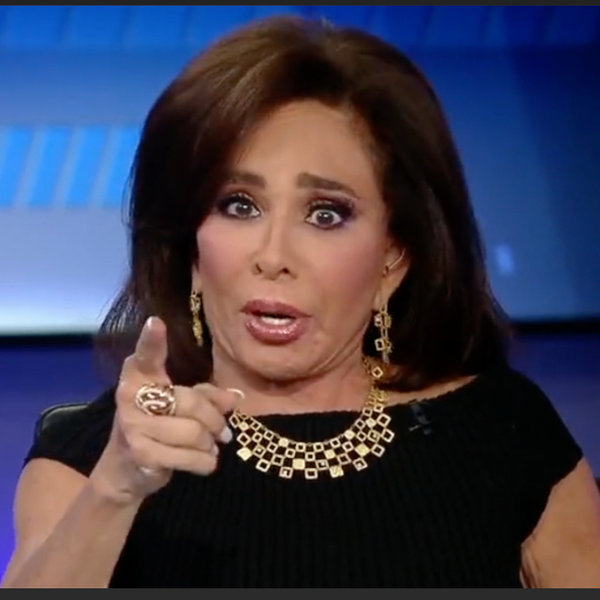
Reprinted with permission from Creators.
Travis Kalanick helped found and build Uber into a corporate giant worth more than Ford Motor Co. On Tuesday, Uber’s board effectively fired Kalanick.
This was a direct reaction not to Kalanick’s infamously immature bad-boy behavior but to what his toxic personality was doing to the ride-hailing service’s bottom line. It recognizes that consumers don’t scour the internet for the lowest price and, on that basis alone, make a purchase. Reputation still counts.
Kalanick had become the leading representative of an obnoxious “bro culture.” He and his managers both mocked and discriminated against women. They partied at strip joints. They sneaked around local regulations, abused drivers and have been accused of stealing technology owned by Google’s parent company. Kalanick’s official core values included “stepping on toes” and “always be hustlin’.”
Uber’s big investors decided they’d had enough.
The Uber case is just one example of companies’ acting on worries that they are lending their good name to questionable activities. Another was JPMorgan Chase’s decision to withdraw its advertising from NBC’s Megyn Kelly interview with the creepy conspiracy theorist Alex Jones.
All these decisions were solid ones. A critic for The Guardian quoted an English theater director as saying that corporate sponsorships of performances are, in effect, censorship. That is nonsense.

Bill O’Reilly’s sponsors were in no way censoring the Fox News personality when they pulled ads from his show because of multiple reports of his piggish treatment of women. And it mattered not that O’Reilly still had a big audience. They didn’t want to be seen as enabling socially repugnant behavior.
O’Reilly retains the right to say what he wants to, and Fox News has a right to give him airtime, though it decided to let him go. But companies also have a right to advertise or not.
As for the ads themselves, I don’t care much for overtly political messages, even when the messages jibe with my own worldview. They have an air of manipulation, playing with my civic emotions to sell a product having nothing to do with government or politics. But I have no problem with companies that sponsor news shows promoting views I greatly disagree with. As long as the content is vaguely honest, the sponsor’s reputation remains intact, in this opinion.
There was a time when advertisers saw social media — Facebook, Twitter and the like — as a means to maintain tighter reins, directing customized ads toward specific audiences. On the contrary, social media have become a wild horse, an uncontrollable force whereby popular campaigns against a company can explode with force in a matter of hours.
That’s why the hashtag “DeleteUber” so pained Uber’s board of directors. That’s why the hashtag “GrabYourWallet” — urging followers to boycott Trump brand products — has hurt bottom lines.
It is admittedly a tall order for corporations to navigate these choppy waters. They must develop sharp messaging that will not set off fireworks on Twitter and Facebook among would-be customers. (It’s hard enough to counter blatant lies targeting the company name.)
But buffing the corporate image is what executives get extravagantly paid to do. If it gets tarnished by anti-social behavior in the executive suite or association with a repellant personality or message, companies have every right to cut the ties. Bashers of corporate America take note: Big business may be one of the few gatekeepers for public decency left.
Follow Froma Harrop on Twitter @FromaHarrop. She can be reached at fharrop@gmail.com. To find out more about Froma Harrop and read features by other Creators writers and cartoonists, visit the Creators webpage at www.creators.com.








